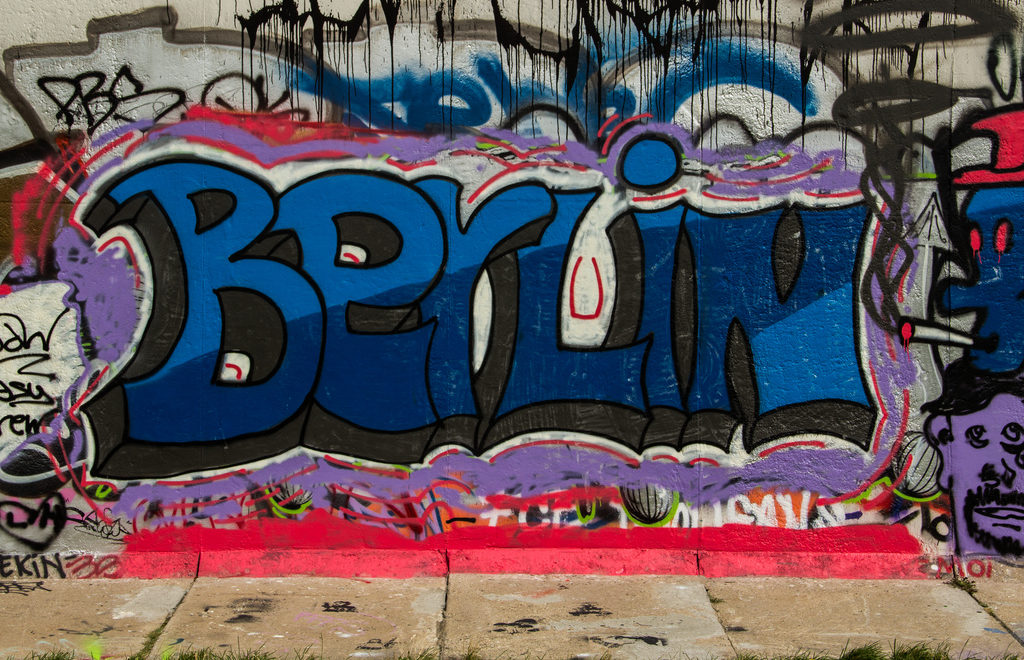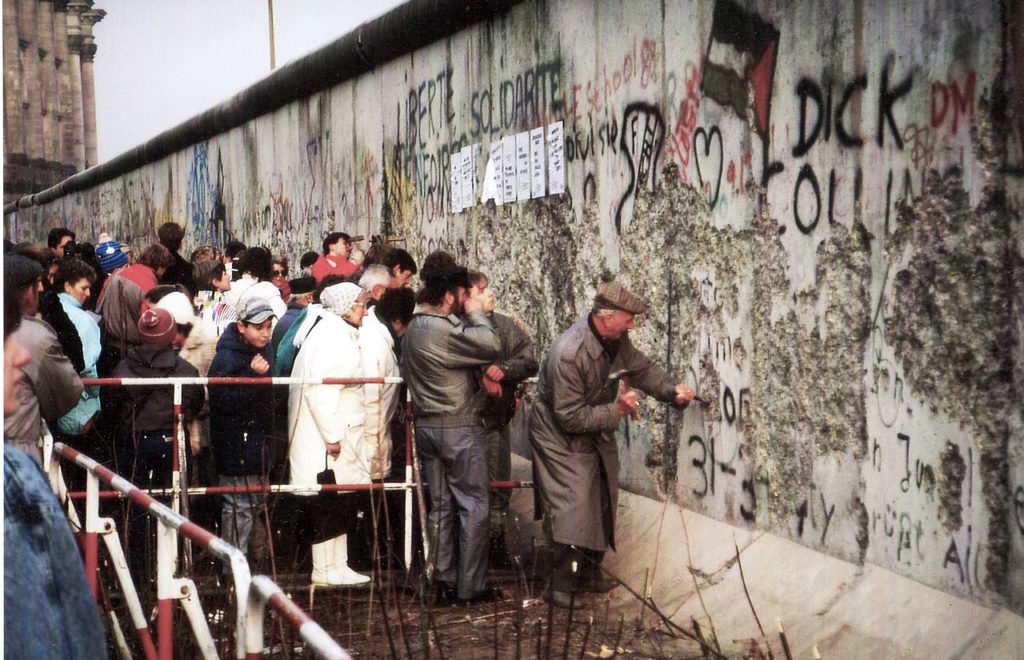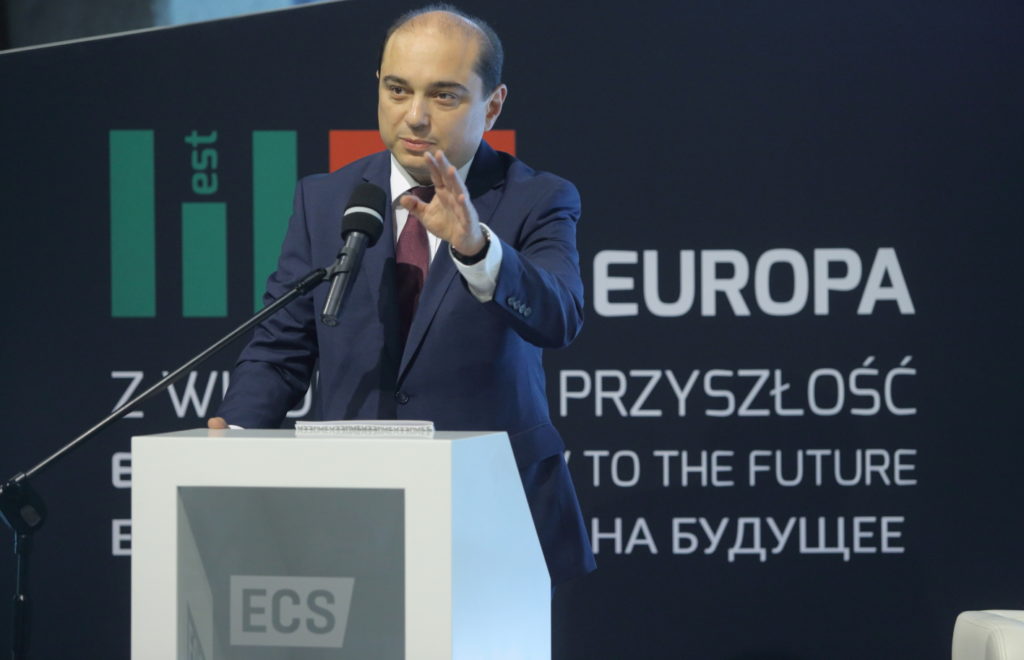When we think back to June 1991, we see great value in the treaty between Poland and Germany. It was a new beginning in relations between the two states. Yet, the treaty was more than bilateral, it was also a building bloc in the construction of a new Europe, without which there would be no united Germany, NATO or the European Union. Every time I cross the Polish-German border, which nowadays is merely a formal line, seeing as there are no controls or checkpoints, I feel like a free European. I feel the positive aspect of history and the great decisions that led us here. I write this because as a teenager, I experienced a completely different reality, a continent divided by the iron curtain. Even in the 1990s, a time when Poland was already free and Germany had united, cross-border travel was not as pleasant an experience as it is today, because the Oder and Nysa rivers marked the periphery of the European Union. At that time, we still had to wait at the border and go through border control.
June 16, 2016 -
Basil Kerski






































